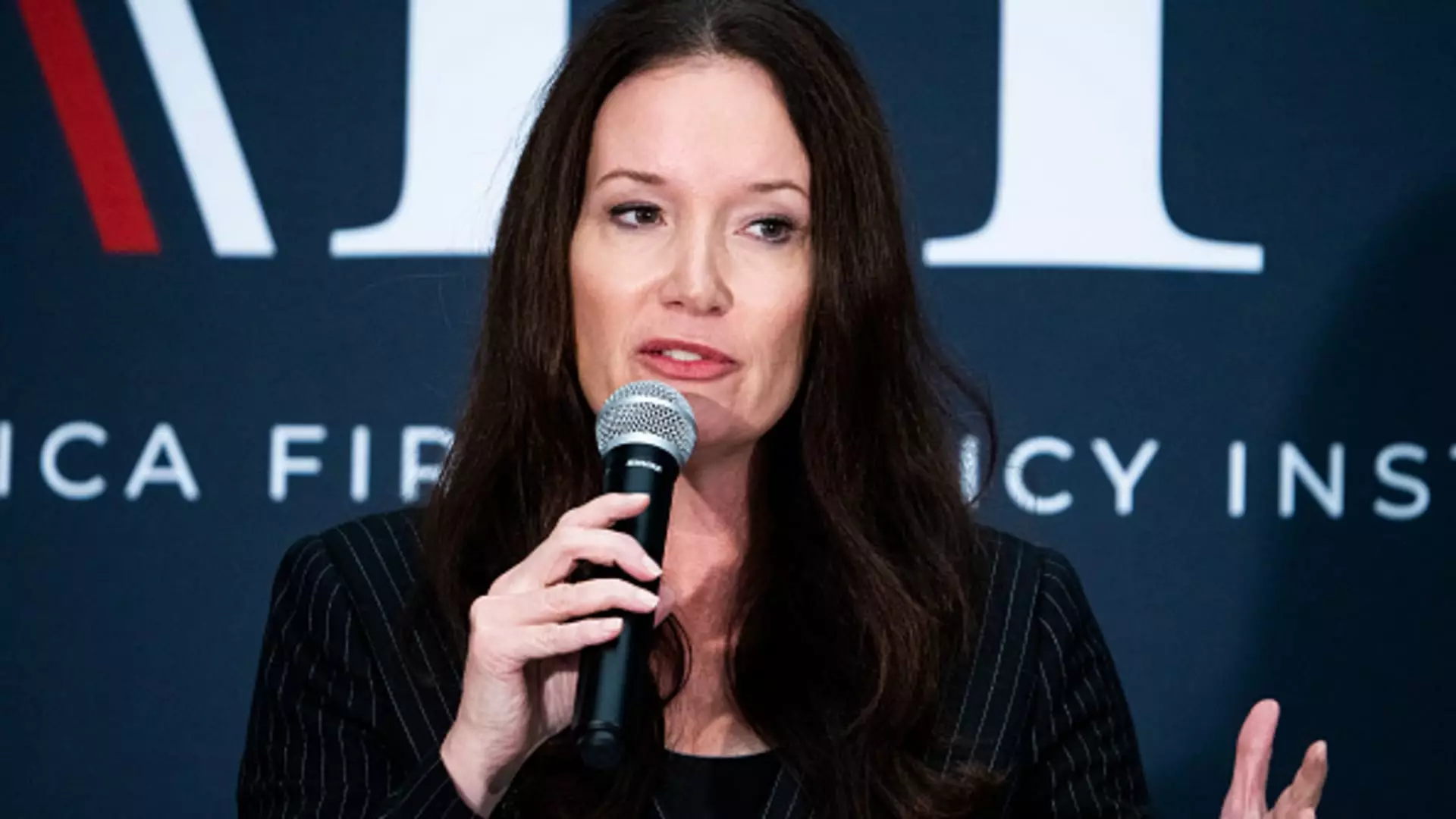The appointment of Brooke Rollins as the Secretary of Agriculture under President-elect Donald Trump holds substantial weight for American farmers, consumers, and the agricultural sector at large. The Department of Agriculture (USDA), which Rollins is set to lead, oversees a vast portfolio that influences not just agricultural production, but also food safety, rural development, and nutrition programs that touch the lives of every American. With a budget of $437.2 billion for 2024, the USDA plays a vital role in shaping agricultural policy and providing essential services across the nation.
Rollins, currently the president of the America First Policy Institute, is positioned as a staunch advocate for American farmers. Trump’s remarks highlight her commitment to enhancing American food self-sufficiency and revitalizing smaller agricultural communities that are foundational to the nation’s economy. Having previously chaired the Domestic Policy Council in Trump’s first term, she is familiar with the administration’s approach to policy-making and is expected to integrate those strategies within the agricultural sector. This experience may prove instrumental as she tackles the multifaceted challenges that lie ahead.
As agriculture secretary, Rollins will confront pressing trade negotiations, particularly the renegotiation of the United States-Mexico-Canada Agreement (USMCA). Current tensions, especially regarding Mexico’s stance against genetically modified corn and the contentious dairy quotas imposed by Canada, present an immediate challenge. With Trump signaling a return to aggressive tariffs, Rollins will need to balance domestic agricultural interests while fostering international trade partnerships. Navigating these complexities is essential for maintaining market access and protecting farmers’ livelihoods amid shifting global dynamics.
Rollins’ agenda, shaped by her past experiences and the current political landscape, is poised to influence not only the agricultural sector but also the dietary habits and economic stability of American consumers. Her work will encompass dietary recommendations and food safety protocols, which affect urban and rural populations alike. With a focus on clean fuel tax credits for biofuels and sustainable aviation fuel, her policies could catalyze innovation within the agriculture sector while addressing environmental concerns—an area with increasing scrutiny from the public.
The selection of Brooke Rollins as Secretary of Agriculture marks a significant junction for U.S. agriculture. As she steps into this role, her approach to policy-making and inter-agency collaboration will be critical in addressing the pressing issues of food security, trade relations, and rural development. Her ability to champion the interests of American farmers while adapting to the challenges of a globalized economy will determine the direction of U.S. agricultural policy in the years to come, impacting not only farmers but the broader food ecosystem that connects every American. As such, all eyes will be on Rollins to see how she navigates this complex landscape that is both ripe with opportunity and fraught with challenges.

